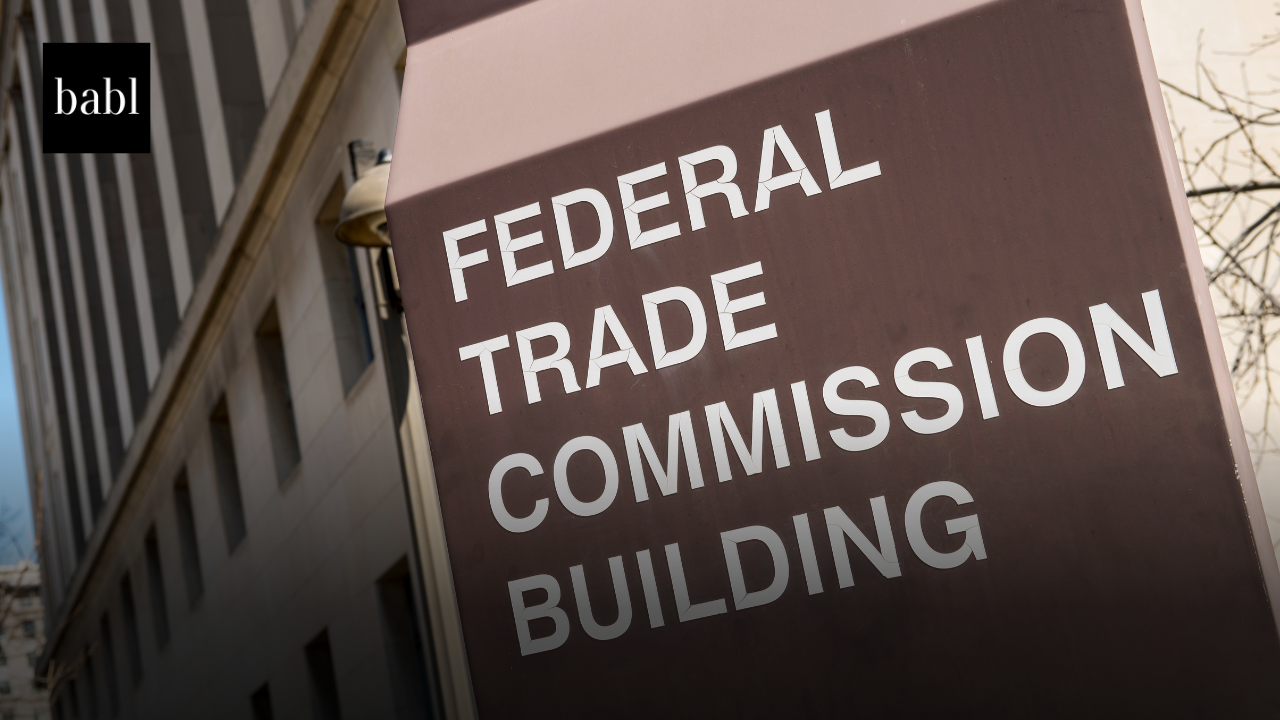The Federal Trade Commission (FTC) has reached a proposed settlement with Evolv Technologies, a Massachusetts-based company that markets AI-powered security scanners. The FTC alleges that Evolv made false and misleading claims about the performance of its Evolv Express scanners, which are used in schools and other public venues.
The case marks another enforcement action under the FTC’s broader effort to address deceptive AI marketing, particularly where public safety is at stake.
Allegations of Misleading AI Performance Claims
According to the FTC’s complaint, Evolv overstated the ability of its scanners to detect weapons while ignoring harmless items. The company promoted its technology as faster and more accurate than traditional metal detectors. It also claimed the scanners could reduce labor costs by up to 70%.
However, the FTC alleges that the scanners repeatedly failed to perform as advertised. In several tests, the devices did not detect weapons. One cited incident involved a seven-inch knife that went undetected and was later used in a school stabbing in 2022.
At the same time, everyday items such as laptops and water bottles frequently triggered alarms. These false positives undermined claims that the system could streamline screening without additional staff.
Marketing to Schools and Widespread Deployment
The FTC highlighted Evolv’s marketing strategy, which focused heavily on schools. Schools account for roughly half of the company’s customer base. Evolv scanners were deployed in more than 800 schools across 40 states.
The company marketed its products as a solution to growing concerns about weapons in schools. The FTC alleges that these claims played a central role in purchasing decisions.
Product Changes and Operational Tradeoffs
In 2023, Evolv introduced new sensitivity settings designed to improve knife detection. According to the FTC, these changes led to more false alarms. As a result, schools needed additional staff to manage screenings.
The FTC noted that these changes reduced the scanners’ claimed efficiency. In practice, the systems began to resemble traditional metal detectors, which are less expensive and already widely used.
Evolv also advised some schools to add manual screening tools, such as conveyor belts. The FTC said these recommendations further conflicted with earlier claims about speed and reduced staffing needs.
Terms of the Proposed Settlement
Under the proposed settlement, Evolv must notify certain K–12 school customers that they may cancel their contracts. This applies to customers who signed agreements between April 2022 and June 2023.
The settlement also bars Evolv from making unsubstantiated claims about several aspects of its technology, including:
• The ability to detect weapons while ignoring non-threatening items without manual screening
• Accuracy rates, false alarms, and performance comparisons to metal detectors
• Screening speed and labor cost savings
• Testing methods and results
• Any material claims about the role or capabilities of AI
FTC Signals Broader AI Enforcement Focus
The Evolv case falls under the FTC’s “Operation AI Comply” initiative. This enforcement effort targets deceptive claims about AI systems across multiple industries.
The FTC emphasized that misleading AI marketing poses heightened risks in sensitive sectors such as education and security. By addressing these practices, the agency aims to protect consumers while preserving trust in legitimate AI innovation.
Need Help?
If you have questions or concerns about any U.S. or global AI laws, reports, guidelines, and regulations, don’t hesitate to reach out to BABL AI. Their Audit Experts can offer valuable insight, and ensure you’re informed and compliant.





